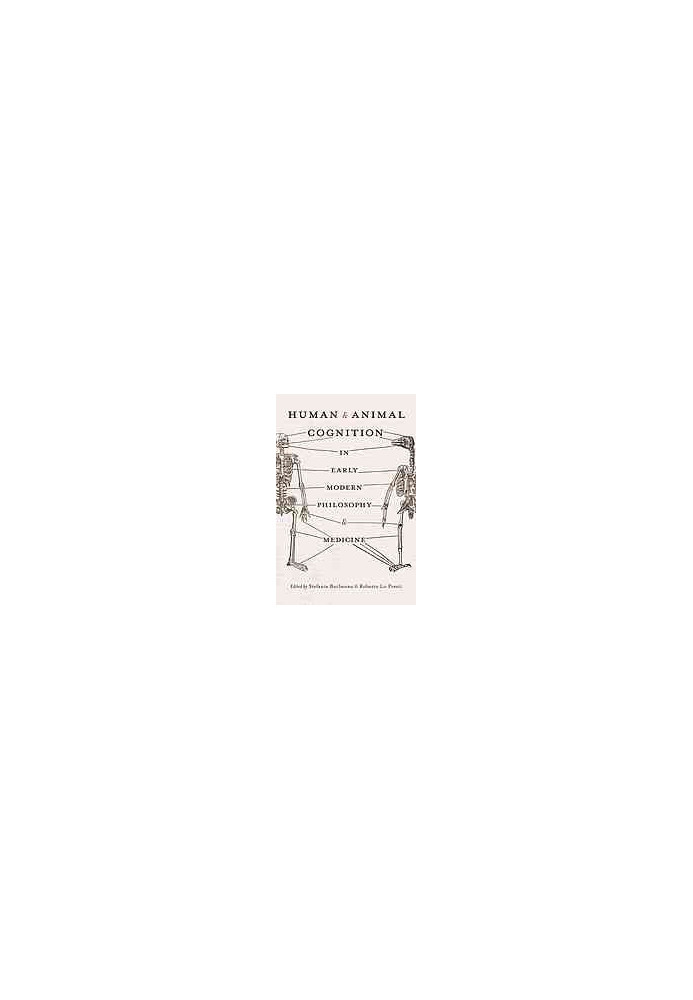Human and animal cognition in early modern philosophy and medicine
 Instant download
Instant download
after payment (24/7)
 Wide range of formats
Wide range of formats
(for all gadgets)
 Full book
Full book
(including for Apple and Android)
From the sixteenth to the eighteenth century, newanatomical investigations of the brain and the nervous system, togetherwith a renewed interest in comparative anatomy, allowed doctors andphilosophers to ground their theories on sense perception, the emergenceof human intelligence, and the soul/body relationship in modernscience. They investigated the anatomical structures and thephysiological processes underlying the rise, differentiation, andarticulation of human cognitive activities, and looked for the“anatomical roots” of the specificity of human intelligence whencompared to other forms of animal sensibility.This edited volume focuses on medical and philosophical debates onhuman intelligence and animal perception in the early modern age,providing fresh insights into the influence of medical discourse on therise of modern philosophical anthropology. Contributions fromdistinguished historians of philosophy and medicine focus onsixteenth-century zoological, psychological, and embryologicaldiscourses on man; the impact of mechanism and comparative anatomy onphilosophical conceptions of body and soul; and the key status ofsensibility in the medical and philosophical enlightenment.
LF/892473/R
Data sheet
- Name of the Author
- Buchenau
Lo Presti
Roberto
Stefanie - Language
- English
- ISBN
- 9780822944720
- Release date
- 2017








![[The Scourge 03] • Emaculum](https://lionbook.net/1371731-thickbox_default/-the-scourge-03-emaculum.jpg)


















